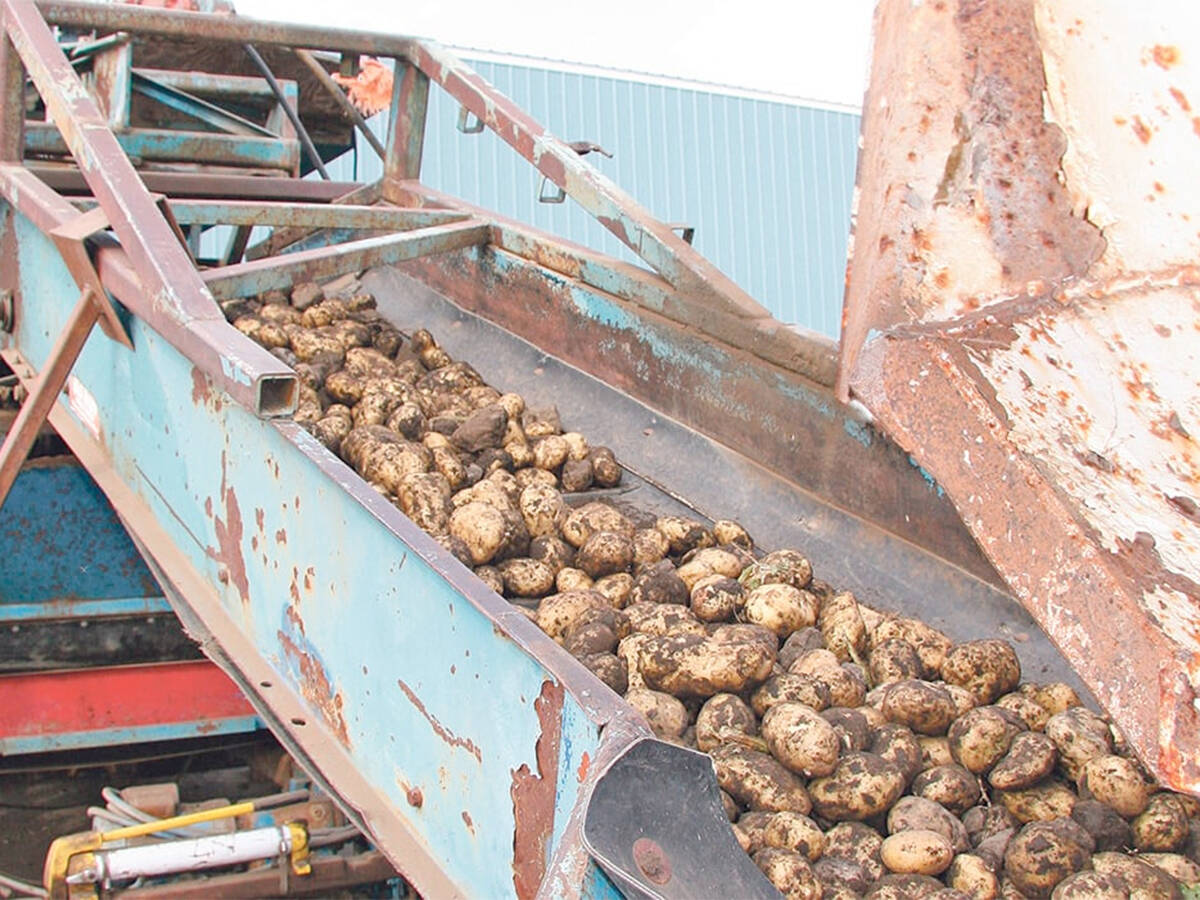A new video series seeks to bust myths about Manitobans facing food insecurity while highlighting causes and solutions.
“The release of these videos could not be timelier,” said Rob Moquin, executive director of Food Matters Manitoba in a news release.
“Even before the current COVID-19 crisis, food insecurity among Manitoba’s families was on the rise,” he added. “Poverty and precarious employment have always been among the root causes of food insecurity.”
Food Matters Manitoba premiered the series via video conference on April 21 to an audience of students, academics, food advocates and reporters.
Read Also

Potato growers beware new PVY strains
Newer strains of potato virus Y (PVY) are creating headaches for potato farms in Eastern Canada, and Manitoba farmers should pay attention
Each short video features a diverse group speaking first about their own experiences with hunger, then causes of food insecurity, and finally solutions.
“I was 16 and living on my own when I first experienced food insecurity,” says one participant, who goes on to say a disability has costed them their job, and they live on income assistance.
The money, and therefore the food typically wouldn’t last the month, leading them to resort to “just not eating so I could make that food stretch.”
Three immigrant participants talk about not being able to find the food they liked and knew how to cook, and being unfamiliar with shopping customs.
The daughter of an immigrant family said they received food hampers, but “half of it (her parents) wouldn’t know how to prepare or eat.”
Over 14 per cent of Manitobans are food insecure, says Food Matters Manitoba. About four per cent, or over 42,000 people are severely food insecure, meaning they are drastically reducing how much they eat, and often choosing between things like paying rent and buying groceries.
About two-thirds of food-insecure Manitobans are working for a living, says one of the videos.
Access to well-stocked grocery stores is another issue. According to the videos, this affects both urban and rural people. If the grocery store is far away, and paying for groceries is already an issue, transportation may be impossible.
The third video calls for people who have enough to eat to consider ways to help others — such as helping local food banks, and working to reduce stigma around food insecurity.
One video participant works with a community garden set up for immigrant families. He says the garden saves each family over $100 per month. Three hundred families participate in the project.
Food Matters Manitoba also calls for all levels of government to work together to ensure communities have the resources they need to feed everyone.
The videos are available on Food Matters Manitoba.
















